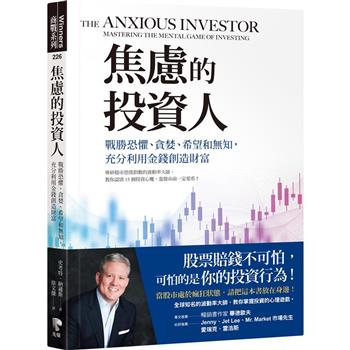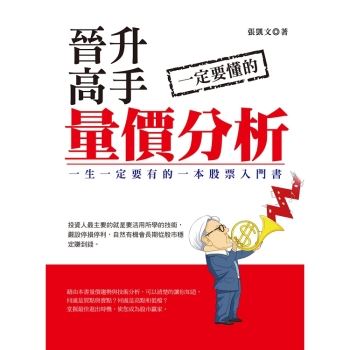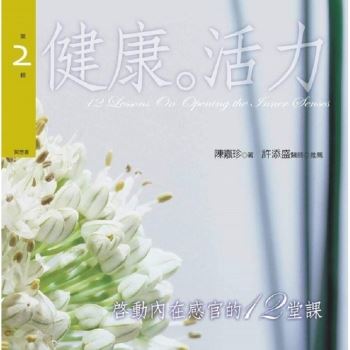This volume explores, from a variety of perspectives, the political theory of the man who is arguably the greatest English political thinker. It is the first substantial collection of new, critical essays on Thomas Hobbes by leading scholars in over a decade.
Hobbes’s writings stirred debate in his own lifetime, for two centuries thereafter, and continue to do so in ours. They emerged in a period of intense political turmoil--a time of civil war and regicide, of puritanical rule and royal restoration. "They were motivated," Dietz argues, "by concrete political problems and a practical concern--namely, to secure political order, absolute sovereignty, and civil peace." The contributors emphasize and answer a series of expressly political questions that, to date, have not been fully addressed in the Hobbes literature. They contend that Hobbes’s writings are not mere static artifacts of a particular historical milieu, but rather rich sources of a variety of interpretations and criticisms that spur discussion and debate in their turn.| FindBook |
有 1 項符合
Thomas Hobbes and Political Theory (PB)的圖書 |
 |
Thomas Hobbes and Political Theory (PB) 作者:Dietz 出版社:University Press of Kansas 出版日期:1990-01-30 語言:英文 規格:平裝 / 222頁 / 23.1 x 15.5 x 1.5 cm / 普通級 |
| 圖書館借閱 |
| 國家圖書館 | 全國圖書書目資訊網 | 國立公共資訊圖書館 | 電子書服務平台 | MetaCat 跨館整合查詢 |
| 臺北市立圖書館 | 新北市立圖書館 | 基隆市公共圖書館 | 桃園市立圖書館 | 新竹縣公共圖書館 |
| 苗栗縣立圖書館 | 臺中市立圖書館 | 彰化縣公共圖書館 | 南投縣文化局 | 雲林縣公共圖書館 |
| 嘉義縣圖書館 | 臺南市立圖書館 | 高雄市立圖書館 | 屏東縣公共圖書館 | 宜蘭縣公共圖書館 |
| 花蓮縣文化局 | 臺東縣文化處 |
|
|
圖書介紹 - 資料來源:博客來 評分:
圖書名稱:Thomas Hobbes and Political Theory (PB)
|











